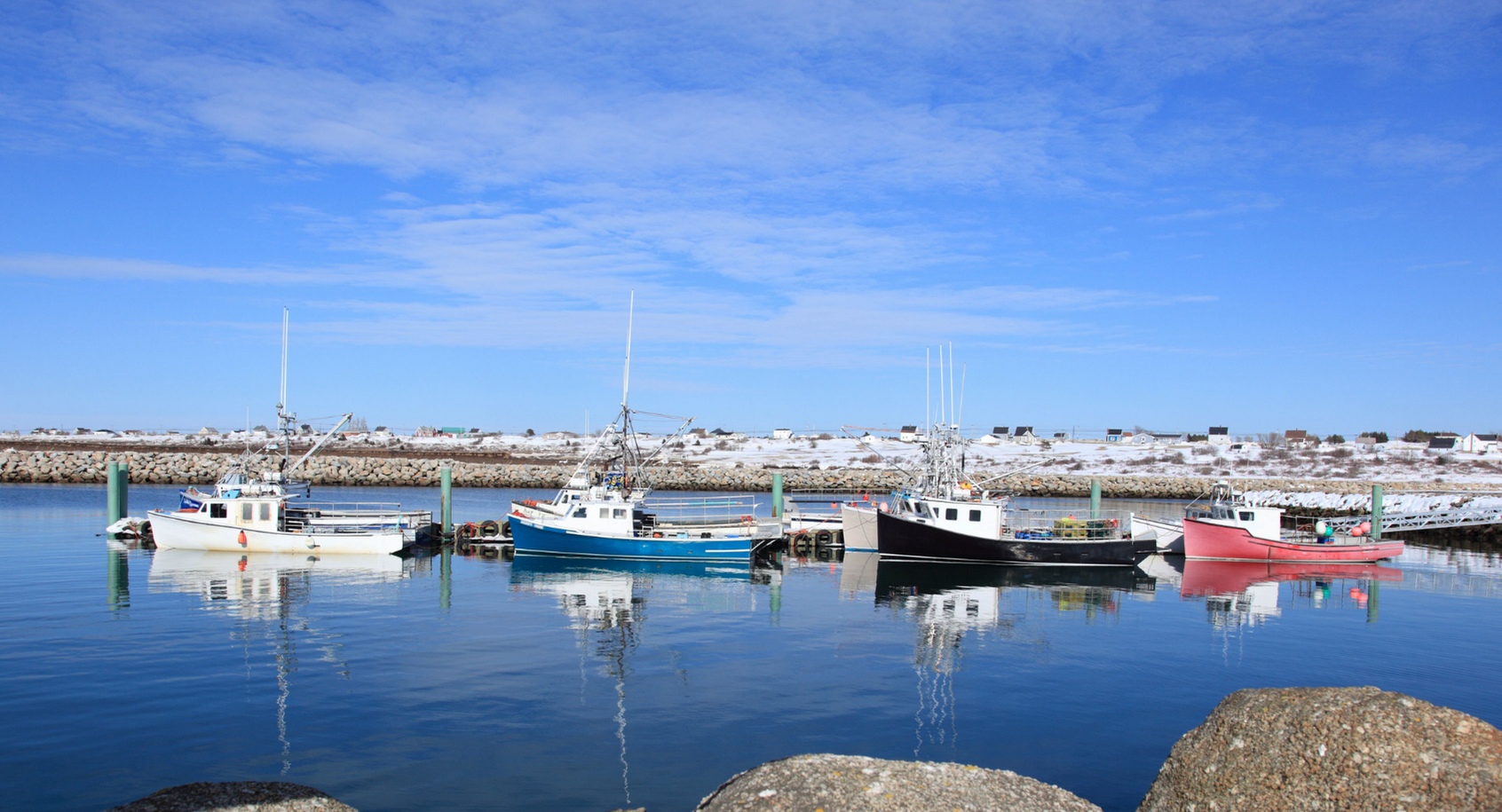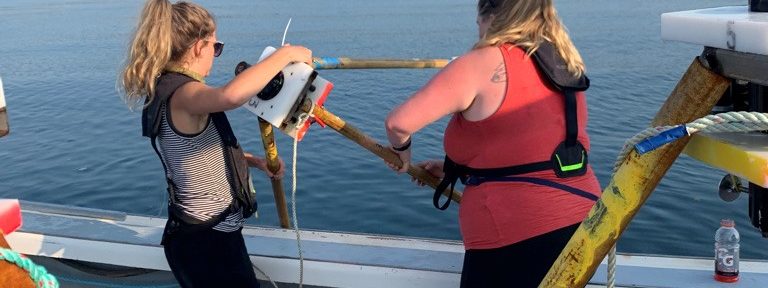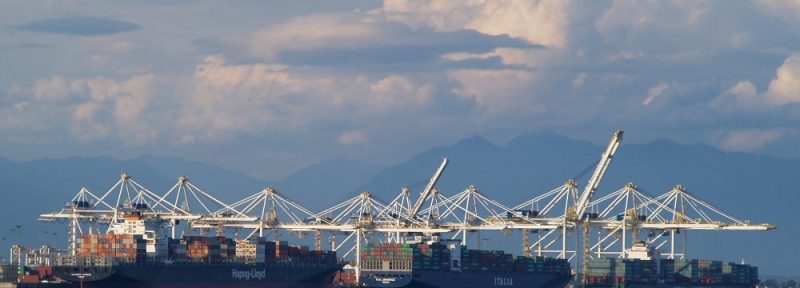What the Path to Net-Zero Emissions Could Mean for the Lobster Fishery
All industries, including the country’s most valuable commercial fishery, need to think through solutions that will allow them to achieve net-zero emissions. It will be a challenge—but it also represents an opportunity.
That’s why Oceans North has partnered with Net Zero Atlantic to commission a new study that will examine how the inshore Nova Scotia lobster fleet can decrease and ultimately eliminate emissions from its operations. The report will examine the current emissions profile of the industry and assess which alternative technologies and fuels could be used to decarbonize it. In addition, it will look at regulations, policies and financial incentives that could support the transition, as well as explore potential economic benefits associated with modernizing the lobster fleet and marketing low-carbon sea food.
Decarbonizing the lobster fishery won’t happen overnight: This study is just the first step in building a net-zero pathway in the fishery. Major changes can only take place once zero-emission propulsion systems and clean fuels are cost competitive and have a proven record of safety and reliability.
However, the fishing industry has a vested interest in helping to stop climate change. Recent research has shown the major impacts that climate change has had and will continue to have on the productive waters of Atlantic Canada. And while some Atlantic Canadian lobster fishers have benefited so far from warming waters, there is a limit to how much heat and acidity lobsters can take before they move elsewhere or their condition worsens.
There is also a strong economic argument for taking these first steps to decarbonize the lobster industry. As the world moves away from fossil fuels, acting now will help ensure that Canada’s fisheries remain profitable and competitive, and will help position our boat-building industry as a global leader in the emissions-free technologies of the future. Other jurisdictions, such as the state of Maine, have already begun assessing how they might electrify their lobster fleet.
A further economic incentive is the potential for these new technologies to save fishers money. Electric motors have only a fraction of the moving parts of an internal combustion engine, which means there is much less maintenance involved and less energy is wasted.
The study will be overseen by a team with close connections to the region, bringing together knowledge on policy and technology with on-the-ground experience and industry perspectives. In addition to Net Zero Atlantic, which works to advance a sustainable and inclusive transition to a carbon-neutral Atlantic Canada, the report will be guided by a project management committee with representation from the Nova Scotia Boatbuilders Association, Redrock Power Systems and the Unama’ki Institute of Natural Resources.
The oceans are changing, along with the global economy. It’s up to all of us who care about and benefit from our waters to get ahead of these changes while making a positive contribution to the economic and environmental future of Atlantic Canada.
Brent Dancey is Oceans North’s director of marine climate action.





